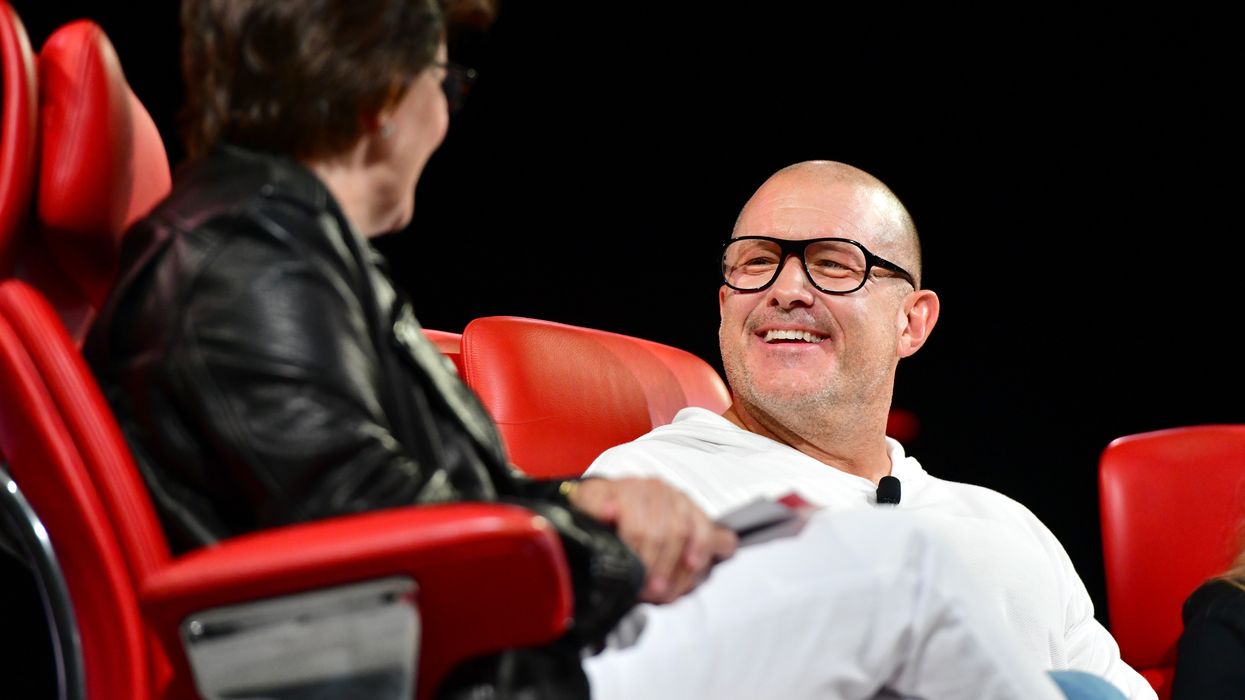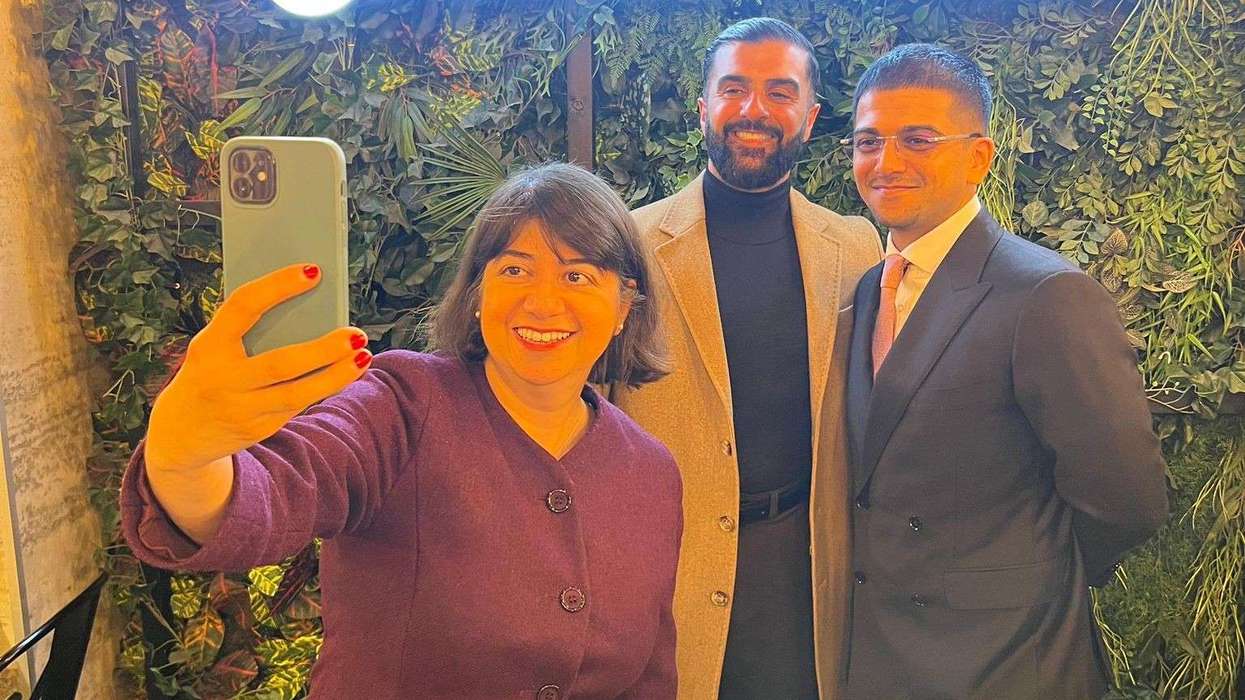Sir Jony Ive, the British designer credited with shaping the iPhone and other iconic Apple products, is returning to the heart of Silicon Valley’s innovation scene – and this time, he may be aiming to disrupt the very device he helped make indispensable.
Six years after leaving Apple, Ive has partnered with OpenAI chief executive Sam Altman in a bold new venture. OpenAI has announced the acquisition of IO, a start-up founded by Ive, in an all-share deal reportedly worth $6.5 billion (£4.9 billion). The move marks a major step for the artificial intelligence company, as it seeks to expand beyond software and into consumer hardware.
While Ive will not become a full-time employee at OpenAI, he will serve as a consultant. IO’s 60-strong team of designers and engineers, many of whom are former Apple staff, will now work under the OpenAI umbrella. Their mission is to “reimagine what it means to use a computer”, with the help of ChatGPT and other AI tools developed by the company.
Altman has shared few specifics about what the first product will look like, but he has suggested it will not be a traditional smartphone or even include a screen. Instead, he and Ive plan to build a “family of devices” that could serve as intelligent companions, enhancing and potentially replacing the functions of a smartphone.
One potential outcome is a compact AI “pod” designed to work alongside existing gadgets like laptops or phones. OpenAI reportedly hopes to launch the first device by 2026 and eventually sell up to 100 million units. These devices could be offered through a subscription model linked to ChatGPT.
Ive, born in Essex and educated in industrial design in Newcastle, played a pivotal role at Apple from the 1990s onwards, creating the design language for products such as the iMac, iPod, iPhone and MacBook. His work, in close collaboration with the late Steve Jobs, helped transform Apple from a struggling tech firm into one of the world’s most valuable companies.
Jobs once described Ive as his “spiritual partner” at Apple, and said he held more power at the company than any other executive apart from himself. After Jobs’s death in 2011, Ive was widely viewed as Apple’s most influential figure until his departure in 2019.
Since leaving Apple, Ive has led his design consultancy LoveFrom, which has worked with high-profile clients including Ferrari and contributed to ceremonial design elements for the King’s Coronation. But he has also voiced disillusionment with the modern tech industry, criticising the dominance of “corporate agendas” focused on money and power.
In his new collaboration with Altman, Ive sees a return to what he calls “trying to move things forward”. He said, “Everything I have learnt over the last 30 years has led me to this place and to this moment.”
Despite the buzz surrounding the deal, some analysts have expressed scepticism. Technology analyst Richard Windsor called Ive “the most expensive consultant in history”, warning that the consultancy arrangement could allow him to quietly exit the partnership if it falters. Others have raised concerns about the valuation placed on IO and questioned whether the move is another sign of an AI investment bubble.
OpenAI is currently one of the most prominent players in the artificial intelligence race, valued at $300 billion and backed by Microsoft. The company has committed to building artificial general intelligence (AGI) and is investing heavily in data centres and infrastructure. In March, it raised $40 billion to fund these ambitions.
The new hardware project follows a string of unsuccessful attempts by others to challenge the smartphone’s dominance. Start-ups like Humane and Rabbit have launched compact AI-driven devices but failed to gain traction. Ive has criticised these efforts, calling them “very poor products”.
Meanwhile, tech giants such as Meta and Apple have explored wearable devices like AI-powered glasses and augmented reality headsets, but adoption remains limited. Analysts say consumers have been slow to embrace such technologies, and the market remains difficult to crack.
Still, the combination of Altman’s AI expertise and Ive’s design credentials has generated significant interest. “Jony did the iPhone, Jony did the MacBook Pro,” Altman said. “These are the defining ways people use technology.”
Whether this new venture can redefine consumer tech once again remains to be seen, but many in the industry believe that with Jony Ive involved, it is not a possibility to be dismissed lightly.





